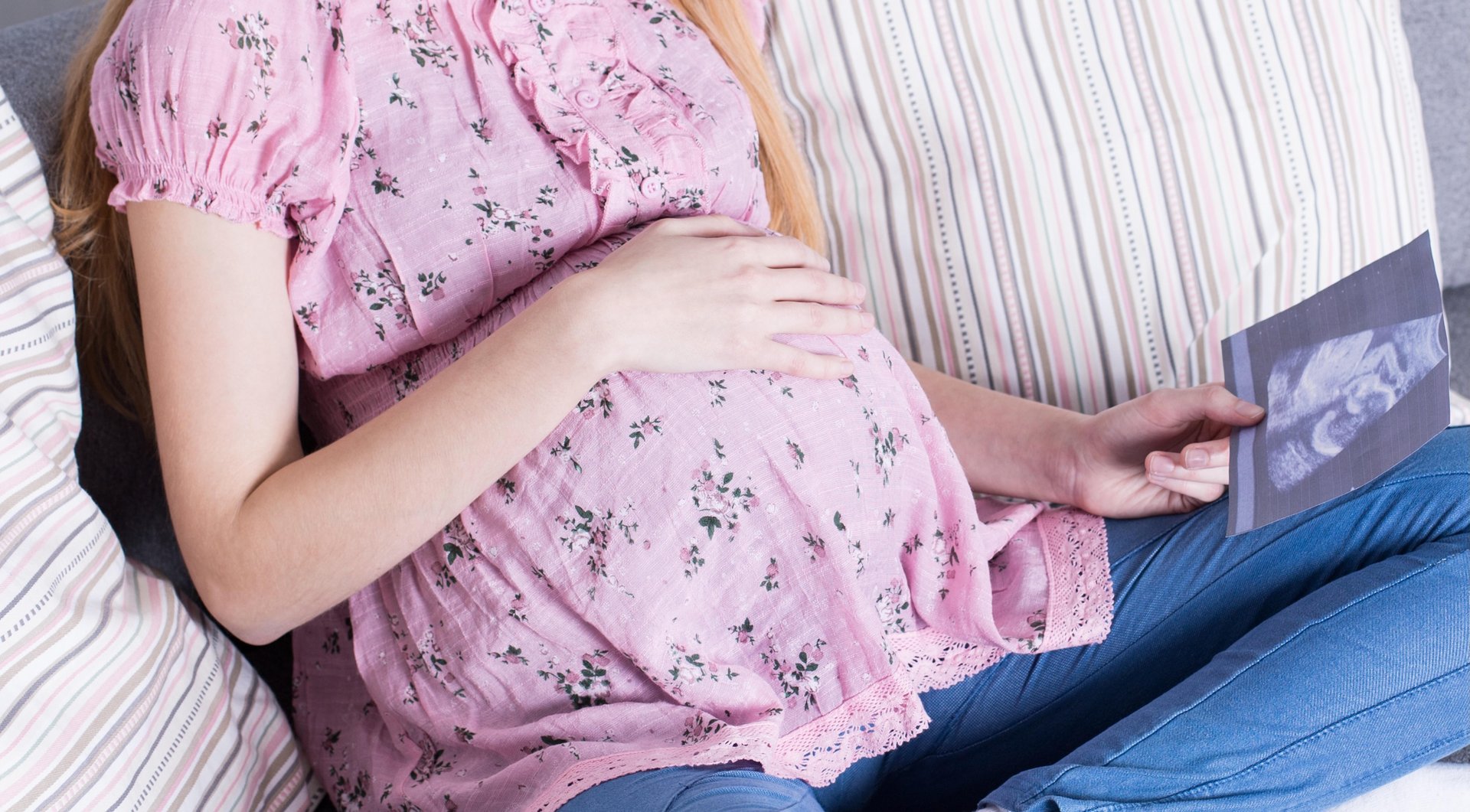Higher Neighborhood Walkability Tied to Lower Gestational Diabetes Risk

FRIDAY, Feb. 24, 2023 (HealthDay News) -- Higher neighborhood walkability is associated with a lower risk for gestational diabetes, according to a study published online Jan. 12 in Paedatric and Perinatal Epidemiology.
Andrew G. Rundle, Dr.P.H., from the Mailman School of Public Health at Columbia University in New York City, and colleagues assessed whether higher neighborhood walkability is associated with a lower risk for gestational diabetes. The analysis included 109,863 births recorded in New York City in 2015.
The researchers found that 7.5 percent of pregnant individuals experienced gestational diabetes. For increasing quartiles of the neighborhood walkability index, the risk for gestational diabetes decreased (adjusted risk ratio, 0.81 for fourth quartile versus first quartile). Similar results were seen for the assessment of density of walkable destinations (adjusted risk ratio, 0.77 for fourth versus first quartile).
"The study highlights the importance of urban planning, particularly neighborhood walkability, in promoting health. Creating opportunities for pregnant individuals to meet recommendations for healthy physical activity during pregnancy is expected to have long-lasting positive benefits for both parent and child," Rundle said in a statement. "We plan to continue our research on how urban design can support health during pregnancy so that these benefits are included in cost-benefit analyses and decision making for how we design new neighborhoods and redesign existing neighborhoods."
Abstract/Full Text (subscription or payment may be required)
Related Posts
FDA Warns of Rare Cases of Certain Cancers Linked to Breast Implants
FRIDAY, Sept. 9, 2022 (HealthDay News) -- The U.S. Food and Drug Administration...
8 Key Factors Are Shortening the Lives of Black Americans
FRIDAY, May 26, 2023 (HealthDay News) -- Black Americans face a greater risk of...
Inflammatory Bowel Disease, Psoriasis May Be Causally Related
THURSDAY, Sept. 22, 2022 (HealthDay News) -- Inflammatory bowel disease (IBD)...
Common Blood Pressure Drug Might Prevent Alzheimer’s in Black Patients
FRIDAY, Nov. 4, 2022 (HealthDay News) -- A new study has shown the blood...
